In Defense of Football
Although football poses a unique head injury risk, it is a decreasing one.
Primetime viewers nationwide questioned the safety of football when Damar Hamlin fell into critical condition following a routine tackle on January 11th. This incident, along with other notable football injuries, has led many, particularly the parents of young boys, to reconsider whether the disadvantages of football outweigh the advantages.
While many sports are contact sports, football is unique in that it is a “collision” sport—players either tackle or keep running depending on who hits the other better. It is this very nature of football that has made the sport what it is—the most popular sport in America.
The National Federation of State High School Associations estimated that close to 1 million kids played football this past year. However, this number is likely to decrease with the Barrow Neurological Institute finding that, even in 2016, one-third of parents wouldn’t let their kids play football, a 14% jump from just two years prior.
B-CC senior and second-team all-county lineman Aiden Kacedon recalls, “I played flag football because my parents didn’t want me to play hard-contact football until I got into high school.” When asked why, Aiden responded, “I think it’s just some preconceived notions about the sport about how it’s dangerous and head injuries and stuff like that.” I think it’s just some preconceived notions about the sport about how it’s dangerous and head injuries and stuff like that. — Aiden Kacedon
While the intentions behind parents not allowing their kids to play football are admirable, they can often be misguided. While sports like football and hockey pose a unique head injury risk, it is a decreasing one. The NFL found their newest line of helmets to have reduced concussions by 25% over the last four years. The previous line of helmets was also considered revolutionary when it came out.
In 2002, the helmet manufacturer Riddell released the first edition of the Revolution helmet, perceived to be a “revolution” in player safety. In the years since, the new helmets are far safer than this once revolutionary helmet, jokingly called the “dome” by many. The fact that this helmet is avoided by many, including the B-CC football program, which phased them out, is not a testament to how football equipment is not protective enough. Rather, it is a testament to how far the equipment has come in terms of player safety and how it will only get safer.
If helmet safety continues to improve at this rate, the prospects of letting a child play football should be increasing rather than decreasing.
Citing the same NFL concussion studies, Aiden concludes that while these concerns are “warranted to an extent,” the increased research has allowed him to conclude that “it comes down to a personal decision. But I don’t see anything wrong with playing tackle…football at a younger age.”
While Aidan excelled on the field, he found benefits outside of it. He reflects, “I think football for me, physically, helped me get stronger, better in shape, more conditioned.” But for him, “the mental side of it had a greater effect in that it forces you to be a little tougher, it makes you competitive, it makes you want to work harder, it gives you a sense of leadership and brotherhood.” Aiden found this to be particularly important as these are “skills that you can use in everyday life; you’re going to be challenged in life, and you’re going to be challenged every time you play football when you put on the pads.” “The mental side of [football] had a greater effect in that it forces you to be a little tougher, it makes you competitive, it makes you want to work harder, it gives you a sense of leadership and brotherhood. — Aiden Kacedon
Although its physicality is a major aspect of football, and perhaps why it is so popular, it is not the game’s only facet. Whether it be the tailgates, generational family traditions centered around supporting the same college and pro teams, or being a unifying force in communities across America, it is important parents ensure this tradition lives on by encouraging their children to play football. While there is an injury risk, I would argue there is a greater risk in letting a child into adulthood without the physical, mental, and emotional maturity that football provides.

Michael Shapiro, a B-CC senior, serves as The Tattler's Co-Editor-in-Chief. Having formerly served as the Editor-in-Chief of MCPS' countywide magazine,...

Dominick Anderson, a B-CC senior, is a section director who specializes in Sports. He is especially fond of his experiences interviewing athletes from...

Claire Wang, a B-CC senior, serves as the Co-Director for The Tattler's Art Team and a contributing writer. She also has two dogs and two cats.
Nat is a B-CC senior and is reprising his role as section director of art and photography for the second year in a row. In his free time, Nat enjoys boxing,...






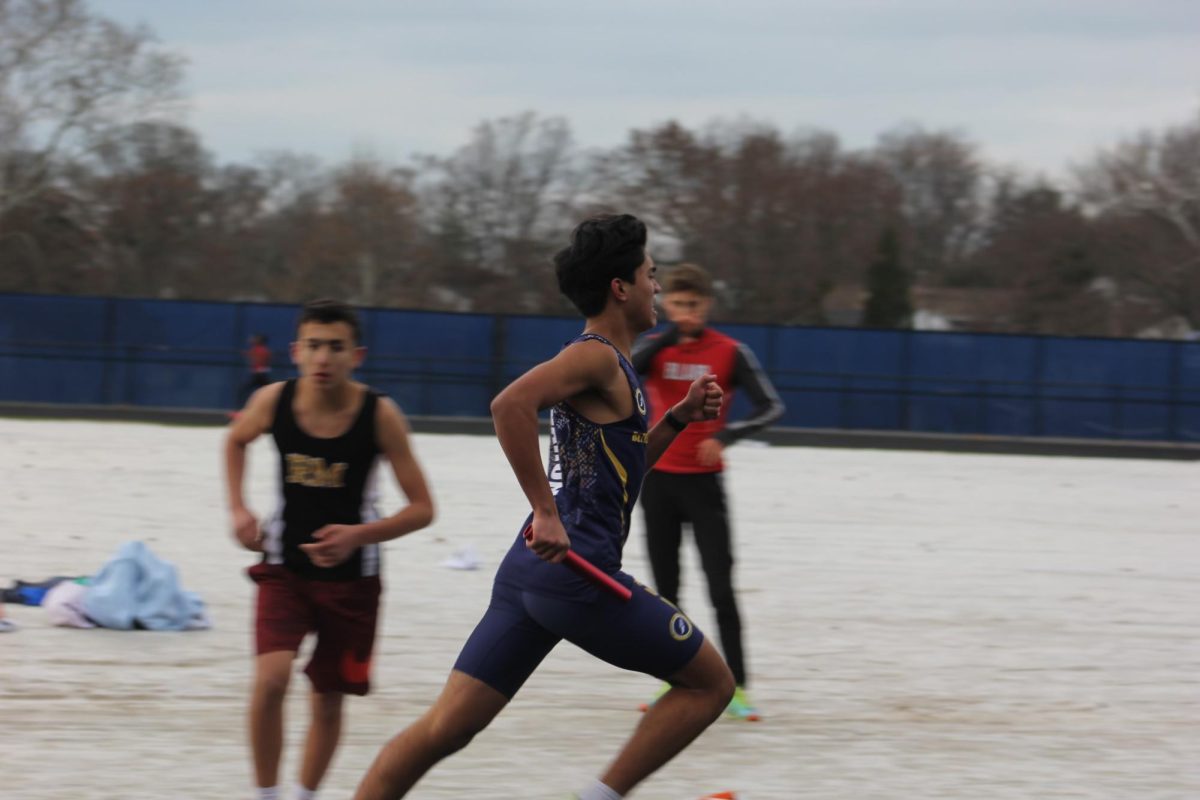
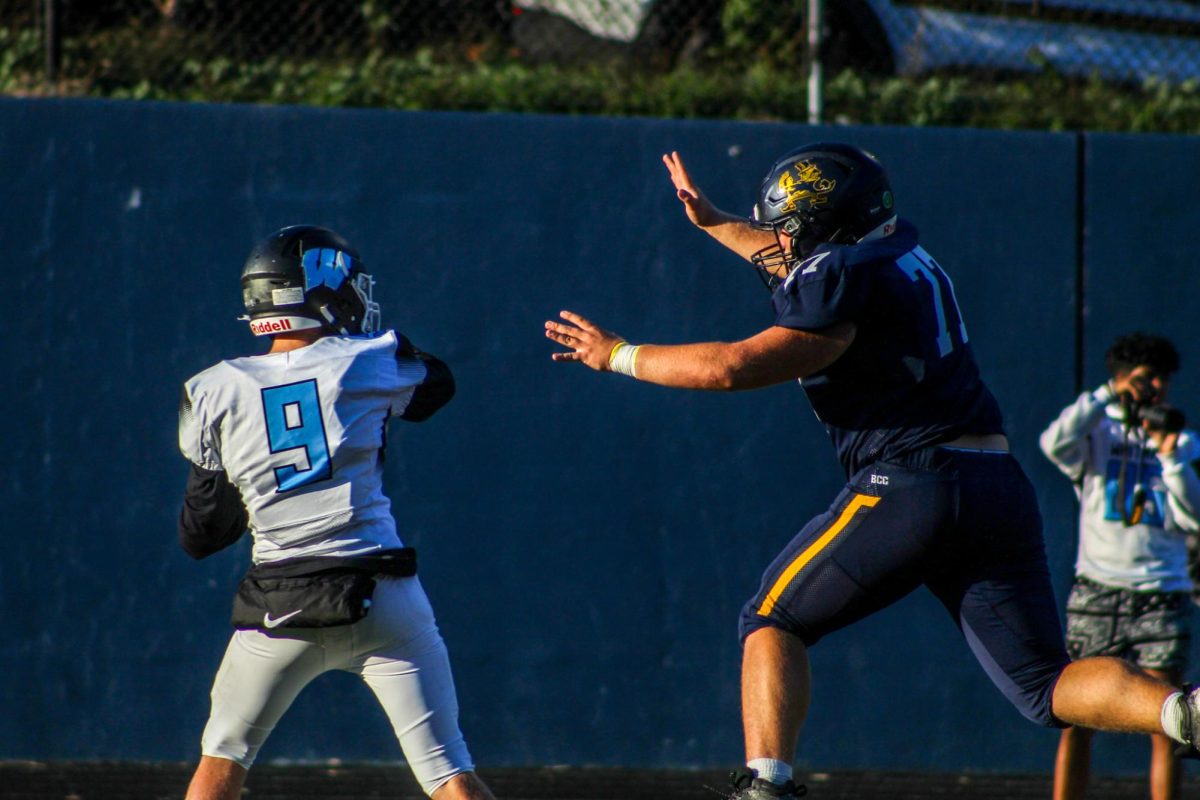

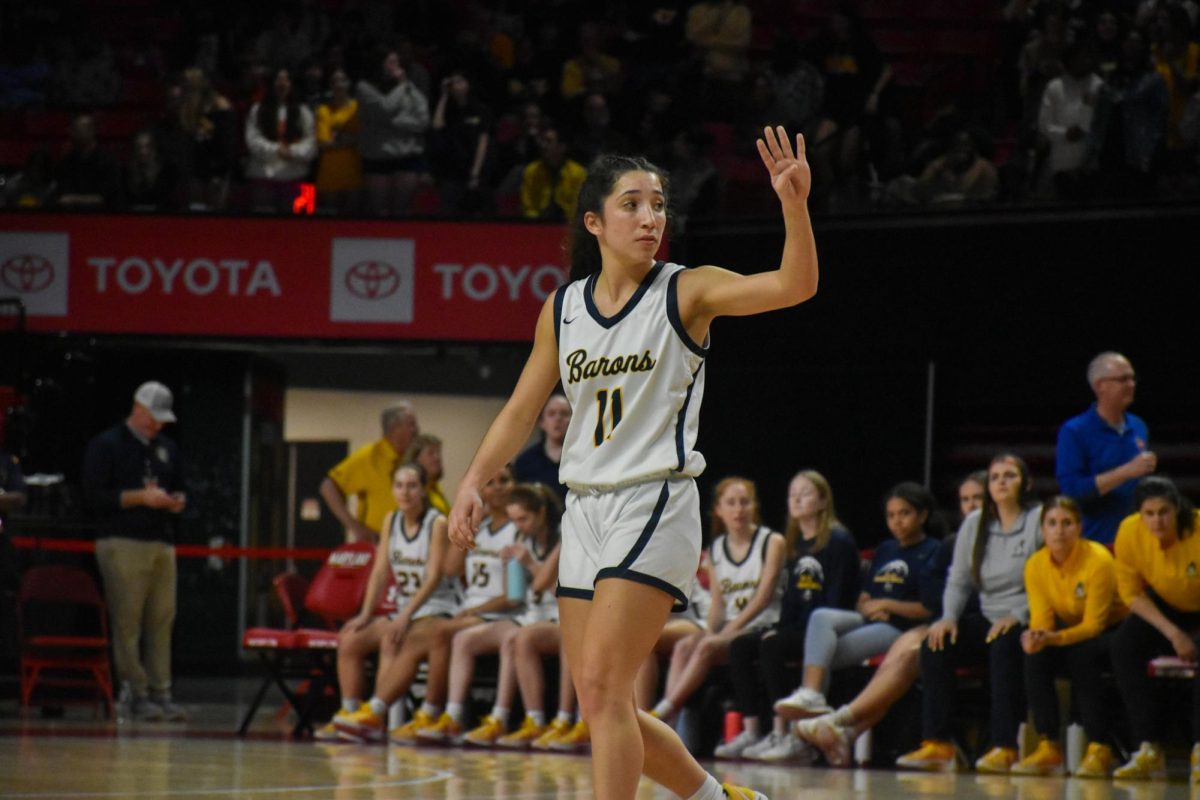










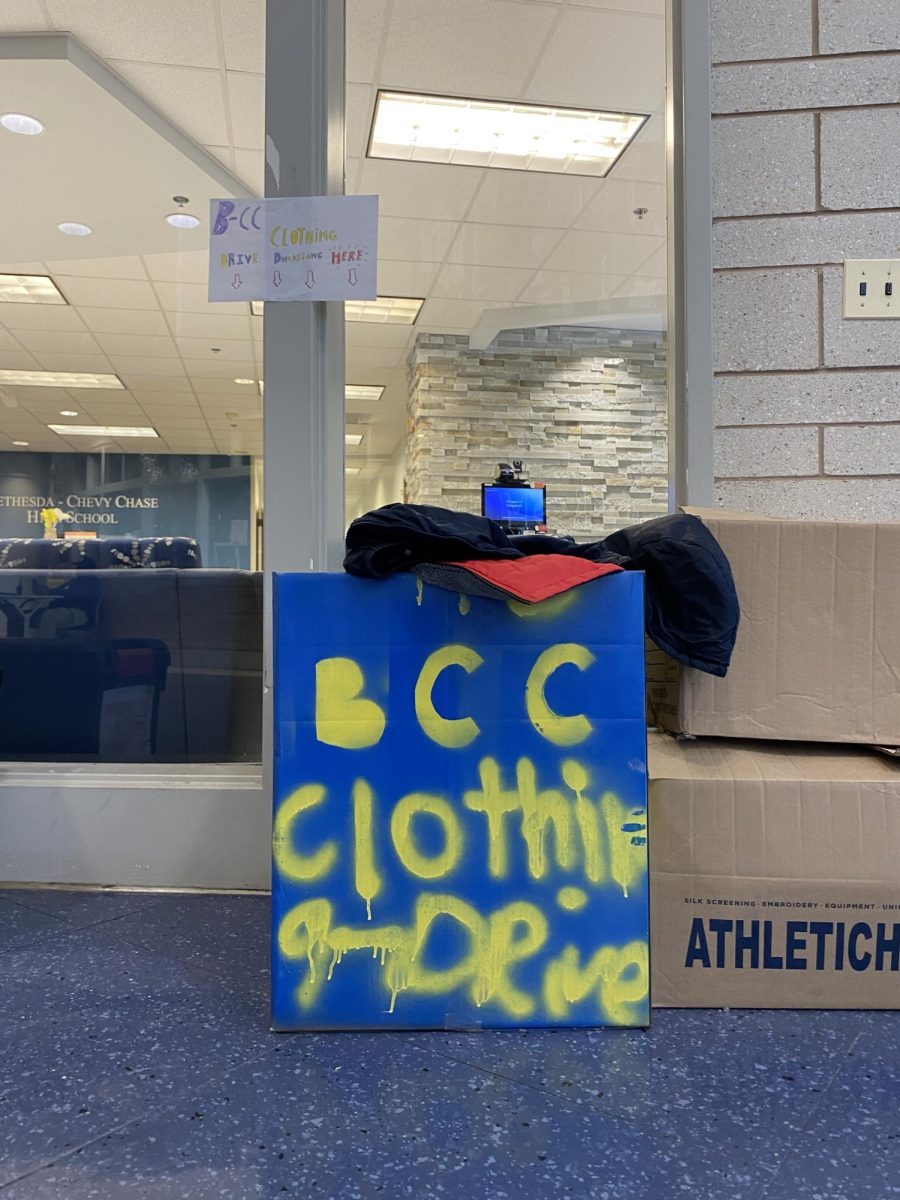








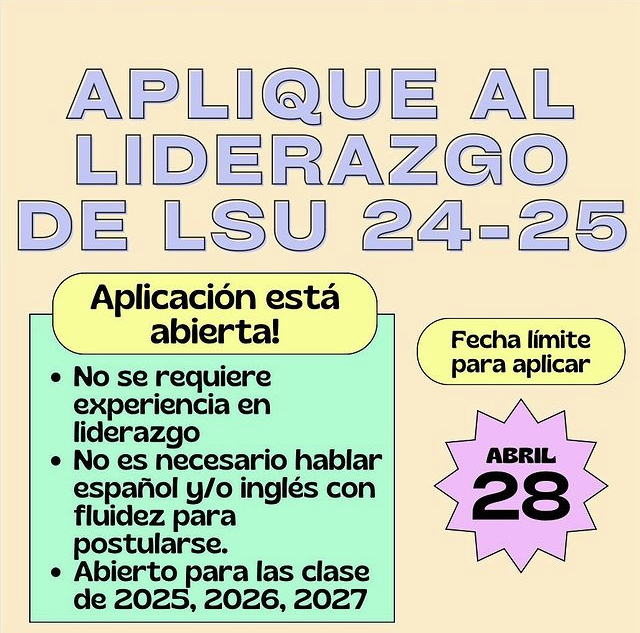





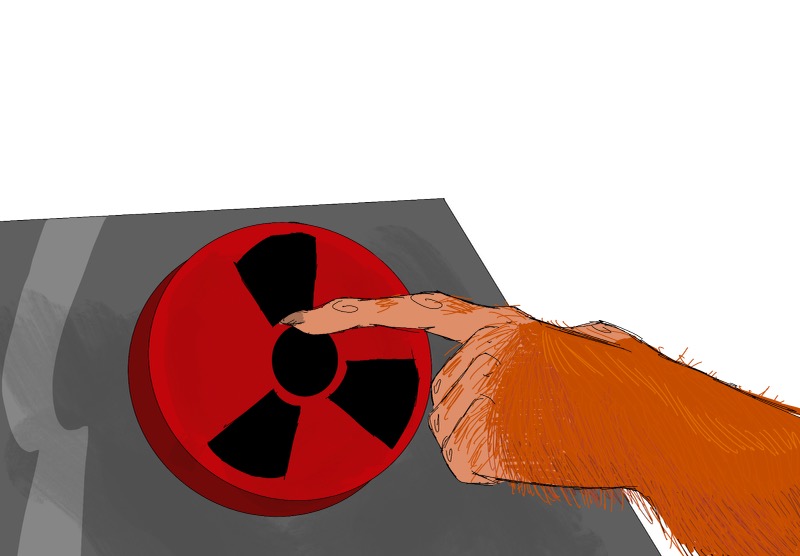


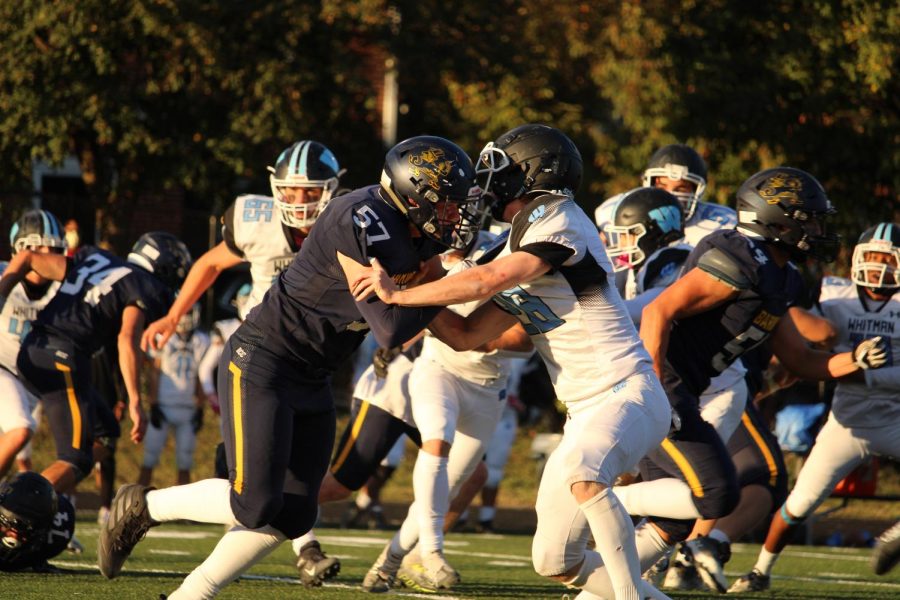











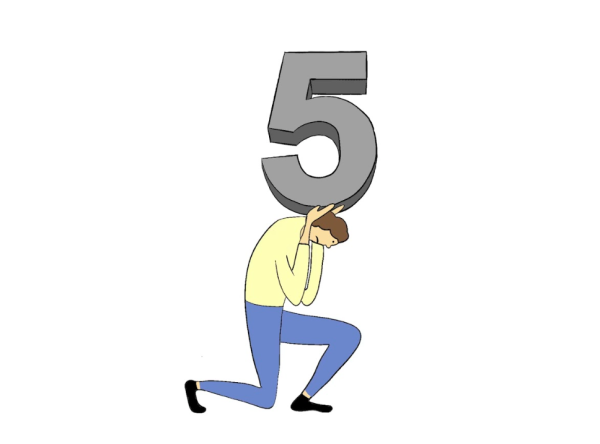
Concerned Parent • Feb 16, 2023 at 7:24 am
Your article speaks about the importance of “physical, mental, and emotional maturity that football provides.” It seems to me that there are less dangerous activities for young people that provide similar physical, mental, and emotional maturity for young people. Take baseball, a sport with far less traumatic brain damage. Baseball is the quintessential American sport, and it’s far safer for young people to play. Many sports and extracurricular activities offer “physical, mental, and emotional maturity”—few offer the drawbacks associated with football. While yes, the risk of traumatic brain injury is declining, it will never be as safe as sports like baseball or soccer. Your argument for the benefits of football are not unique to football—only brain injury is.